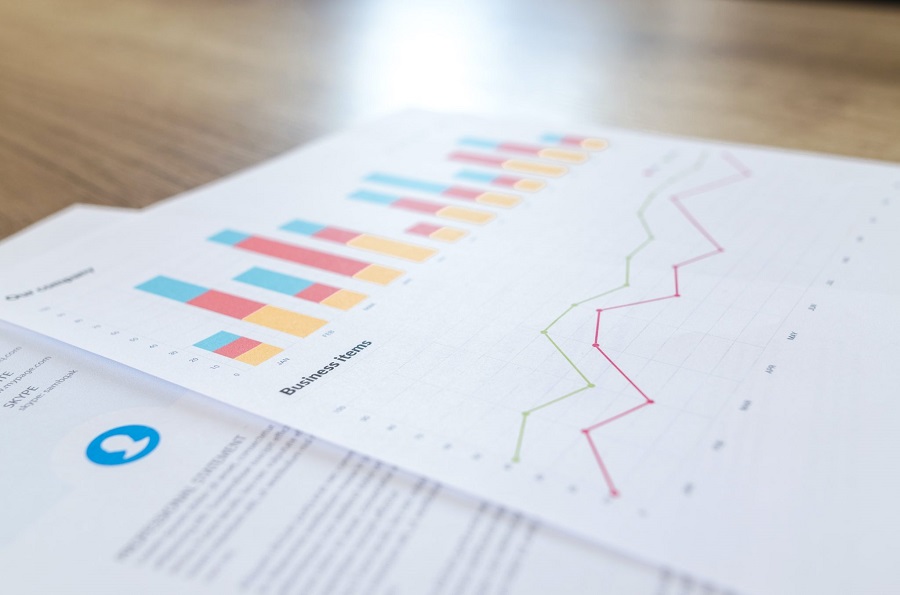Three Reasons Why Business Owners Need to Learn How to Check Business Credit Scores

The credit reporting system has been around for centuries and has undergone various updates and evolutions. In the past, most credit bureaus were small and localized. Over the years, four major credit bureaus have emerged, acquired countless smaller credit agencies, and fused their data into bigger databases. The four are – Equifax, Dun & Bradstreet. TransUnion, and Experian. They’re the four largest credit bureaus in the U.S. and providers of credit reports to banks, businesses, insurance companies, and other companies that use credit information to predict the risk of their investments.
These credit bureaus maintain databases that contain information about over 220 million American consumers. Whenever consumers or businesses apply for loans or credit cards, major financial lenders access credit reports from one of these four companies. They use the information in these credit reports to review all loan and credit applications. Here’s why smaller businesses need to do the same –
-
Checking Your Own Credit Score is a Helpful Habit
By learning how to check business credit score, business owners can keep tabs on their financial standings. They can realize the status of their financial standings in the market. Businesses can use the data provided in these credit reports to improve their financial performances and track their progress.
According to a 2017 survey, business owners who check their credit scores twelve or more times every year are twice as likely to report improved credit scores than business owners who don’t check them or only check them once. To boost your business’s credit score, you must know how to check business credit scores and do so consistently.
Each supplier of credit scores (Experian, Dun & Bradstreet, TransUnion, and Equifax) provides somewhat different information, and their reports can be hard to read for inexperienced business owners. Thankfully, several independent business credit reporting companies provide reports that make it very easy to validate and investigate both new and existing partners and whether they pay their bills.
These summary reports enable smaller businesses to do the same high-level analyses that financial institutions conduct while advancing loans. The summary reports make it very easy for small-scale businesses to understand their clients’ and partners’ risk profiles before doing business with them.
So, suppose small businesses want to minimize business risk and maximize their chances of success in the market. In that case, they need to consistently check their credit reports and the credit reports of all of their clients, vendors, suppliers, business partners, etc.
-
Information on Business Credit Reports Last for a Long Time
Imagine one of your vendors is applying for a business loan. He says his business hasn’t ever gone bankrupt. But, when you check the business credit report, it says the lender’s business went bankrupt eight years ago. Is this lender trustworthy? Absolutely not! That’s what assessing credit reports does – it exposes the true financial status of business partners. Different commercial credit bureaus hold on to the credit information of businesses for different amounts of time. However, the standard length of time these bureaus keep track of financial information of businesses are –
- Trade data: Three years.
- Bankruptcies: Up to ten years.
- Court Judgments: Up to seven years.
- Tax liens: Up to seven years.
- UCC Filings: Five years (Uniform Commercial Code Filings)
- Credit Collections: Up to seven years.
- Leasing data: Three years.
Hence, these agencies collected key financial details of businesses and held for long periods of time by these agencies. Before advancing money to any business partner or client, checking their credit reports gives business owners a clear idea of their creditworthiness. Businesses must start learning how to collect and assess credit scores to avoid risky business partnerships.
-
These Scores Help Business Owners Assess Their Clients’ Creditworthiness
Creditworthiness refers to a lender’s ability to repay. Checking a client or business partner’s creditworthiness before extending trade credit is vital for businesses. In the past, business owners had to ask references about the creditworthiness of their clients.
They would ask questions like –
- How many times the client has been late with repayments?
- What credit limits has the reference extended to the client?
- What was the client’s last major purchase, and what was the amount?
Business owners can now easily determine the creditworthiness of their clients or business partners with business credit reports. They don’t need to seek external sources for vital financial data about their partners or clients.
A business credit report gauges a business’s financial stability and can help lenders predict how likely creditors are to repay their debts on time. These reports also demonstrate a business’s ability to pay bills based on its public records. Businesses can find information like annual sales, past bankruptcies, credit limits over decades, past legal judgments, and a collection of other activities in business credit reports.
Usually, a business credit score higher than 75 is considered satisfactory. But, businesses shouldn’t depend on one business credit report from one of the various business credit reporting agencies. Instead, they should combine credit reports and carry out more detailed credit assessments of their own before lending any money.